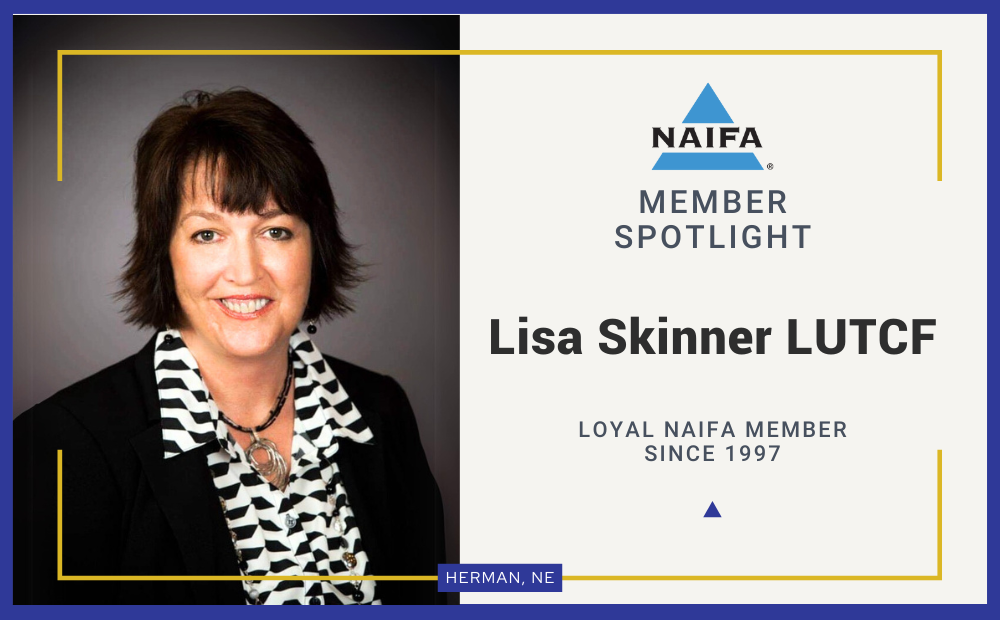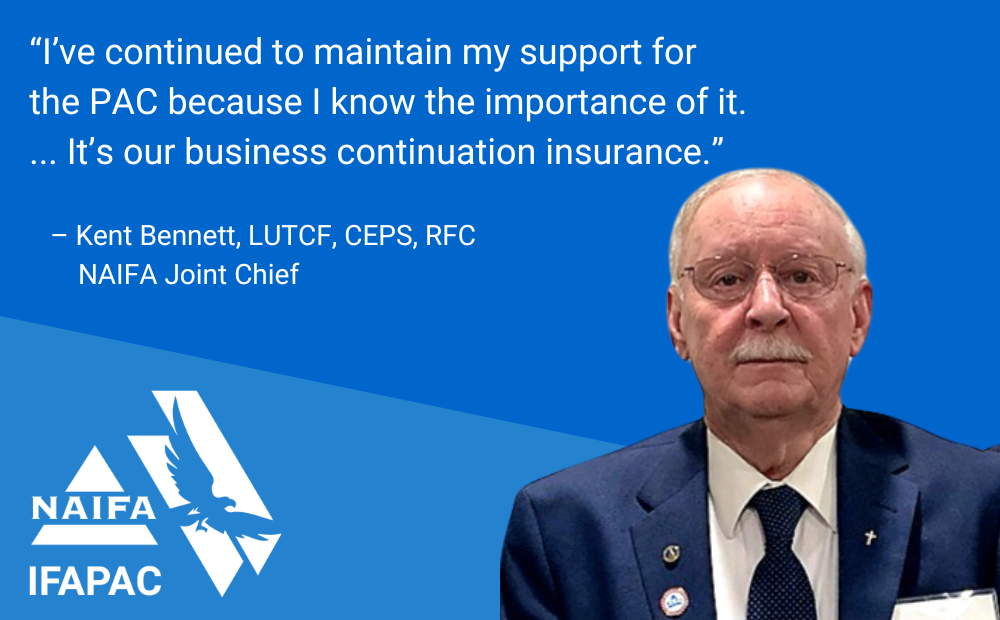A study by The Guardian Life Insurance Company of America has explored the link between financial confidence and life satisfaction for consumers and identified the specific behaviors that lead to success in these areas.
According to The Guardian Study of Financial and Emotional Confidence, 78 percent of working American families are stressed and worried about their financial future, regardless of age, gender, income or other demographics. However, their behaviors contradict the financial priorities they identify as the most important in their lives:
- Nearly 60 percent identify having at least some guaranteed income in retirement, apart from Social Security, as a major priority, but less than one in four feel very confident in any aspect of their retirement finances.
- While 52 percent of Americans say that building savings is a major priority, more than 2/3 would not describe themselves as good at living within their means.
- Having a solid, long-term plan for achieving your financial objectives is a major priority for 47 percent of Americans; however, 81 percent don’t feel that they are good at setting up a long-term financial plan and sticking with it.
“The Guardian Study of Financial and Emotional Confidence™ takes a truly unique approach, looking at behaviors rather than demographics to ascertain Americans’ emotional and financial confidence. We learned it’s not solely your income that determines confidence, but rather your attitudes and behaviors that are the deciding factors,” said Matthew Bryan, Assistant Vice President at Guardian. “By mimicking the behaviors of the most confident Americans, you may be able to achieve more positive life and financial outcomes.”
Financial confidence quiz
Based on the study findings, Guardian developed a Financial Confidence Quiz that enables Americans to assess how confident they may be about their financial future and that offers insights into how they can make improvements.
After responding to a series of statements, individuals learn which Financial and Emotional Confidence segment best represents them:
- Day-to-Day Decision-Maker: Generally stressed and struggling with finances – In the study, this segment included the highest proportion of women and Gen Xers.
- Ambitious Spender: Stressed but coping – Small-business owners comprised a large segment of this category in the study.
- Retirement Realist: Fearful of the future, with an above-average emphasis on savings and having adequate retirement income.
- Confident Planner: Very positive on work/life balance. Study participants in this segment placed an above-average emphasis on retiring with a secure income, and making good investment decisions, leading to a higher degree of overall life satisfaction than the other segments.
Quiz takers will also gain tips on how to improve their financial confidence. “Making a few small changes in how you approach your finances can put you on track to be more financially confident and ultimately help you live a more satisfied, less-stressed life,” Bryan added.
Optimal behaviors for financial confidence
In the study, Guardian identified a pattern of behaviors exhibited by the 21 percent of survey respondents in the top category of Confident Planner. Individuals in this segment are significantly more likely to exhibit these four financial behaviors:
- Education: The Confident Planners have higher levels of education as well as financial competence, as measured by an assertion of basic understanding of financial concepts and products.
- Plan: These individuals are more likely to live within their means and have some form of a written plan with specific details and clearly outlined objectives.
- Ownership: Most own products appropriate for their financial goals that incorporate both growth and protection solutions.
- Partnership: The majority work closely with an advisor and use some type of planning tool.
“The happiest and least-stressed Americans are the most financially literate, are more likely to have a detailed plan, and own appropriate products to financially protect their families,” Bryan said. “Advisors can help by taking a holistic approach that identifies the gaps in their clients’ current behaviors and then laying out a blueprint to address those gaps for a more financially confident future that models the behaviors of the most confident Americans.”
Guardian conducted a national online survey of 4,971 Americans age 18 and older who are employed full-time or part-time, have never retired, and have household annual incomes of $50k or more.
Ayo Mseka
Editor-in-Chief








.png?width=300&height=300&name=CC%202025%20Ad%20(300%20x%20300%20px).png)
.png?width=300&height=600&name=Tax%20Talk%20Graphic%20-%20email%20tower%20(300%20x%20600%20px).png)



.png?width=300&name=NAIFA-FSP-LH%20with%20tagline%20-%20AT%20blog%20email%20ad%20(300%20x%20250%20px).png)
.png?width=728&height=89&name=2024%20Congressional%20Conference%20(728%20x%2089%20px).png)
